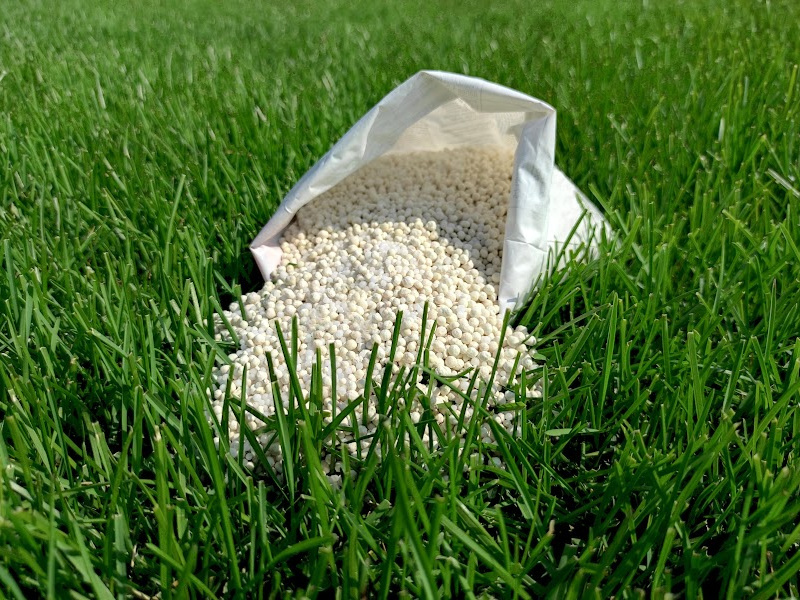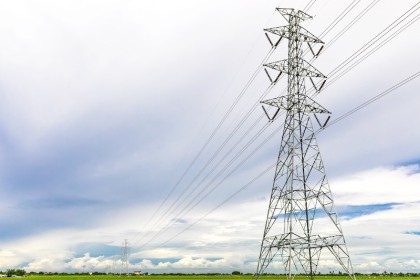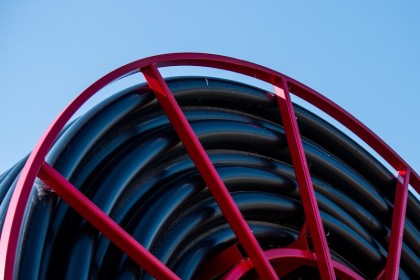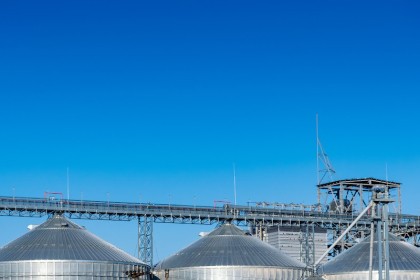
Fertilizer Companies in South Africa: The Best Fit for You
Plants need more than light, water, and soil to grow. To flourish, plants require a healthy dose of nutrients. The nutrients necessary can be found in soil, but often, not enough nutrients are present to ensure the plants are properly “fed”.
Soil, whether it is used for agricultural purposes or in a private garden, loses its fertility due to unavoidable water flow, the harvesting of produce, erosion, and more. Thus, the nutrients lost must be replaced frequently and consistently. If this is not done, the plants will slowly start to decrease their yield, become sickly, and some plants will eventually die.
Before making the choice of which fertilizer would be best suited to your planting needs, there are a few factors to take into consideration.
Types of Fertilizers in South Africa
You can acquire fertilizer in either a granule or liquid form. Granules are generally used to cover large areas, whereas sprays are applied directly to a plant’s leaves. Sprays are typically used on plants that are in shady areas, as this will ensure that they get the nutrients that they require. The spray ensures nourishment of the plants themselves, and not the tree under which they are planted.
Fertilizer is made up of three key ingredients. They consist of nitrogen(N), phosphorus(P), and potassium(K). Each nutrient has its unique benefits, and it is the quantity present in each fertilizer mix that determines which balance will be suitable for which plants. The balance of each mix will be indicated on the fertilizer bag in the form of 2:3:2 or 3:2:1.
Nitrogen
Nitrogen is a very important nutrient when it comes to plants. It encourages the plant to grow more leaves that are bigger in size, and the plant becomes larger overall. It is extremely beneficial for agricultural crops, as it stimulates growth in leafy vegetables. As wonderful as nitrogen is, it can damage a plant by “burning” it if the concentration is too high, or it can result in soft and lush growth that is susceptible to frost damage, insects, and even some fungal infections. To avoid this, it is advisable to use the correct amount of a fertiliser high in nitrogen or apply a slow-release (SR) fertiliser. Slow-release fertilizers will ensure that the right amount of nitrogen is released, as the plant needs it, and will last much longer than its counterpart.
Phosphorus
Phosphorus is known as the “root-maker”, and is typically used to encourage root growth in seedlings or plants that have been replanted. It increases the ability of the plant to absorb potassium. Soil does not usually have a phosphorus deficiency; however, it is only available for the plant to absorb in small quantities. This is why it is important to include phosphorus in your fertilizer. The phosphorus used in your fertilizer should be soluble for maximum absorption. The addition of phosphorus will ensure that plants produce more flowers, and seeds, and are hardier.
Potassium
Potassium encourages the growth of flowers and the fruits of a plant. It is a vital ingredient for photosynthesis as it helps the pores in the leaves of a plant to open, which encourages the passing of gasses through the plant. Potassium, much like phosphorus, also aids in the hardiness of a plant. It is prone to be drained or washed out of the soil as water passes through it; thus, it is important to ensure that the soil is supplemented with enough potassium.
Organic vs Synthetic Fertilizer
The aim of planting and growing plants should be to create an ecosystem that works in perfect synergy. If this is something that interests you, it is advisable to use an organic fertilizer. Organic fertilizers are natural slow releasers and will not easily damage your plants. They are also known to be kinder to the environment.
What Are the Biggest Fertilizer Companies?
There are a multitude of other nutrients that should be supplemented into your soil throughout the year; however, the specific conditions under which a plant flourishes need to be compared to the conditions that are present. Based on this, the correct nutrients required need to be calculated.
The best way to ensure that your soil is correctly fertilized is to consult a fertilizer supplier. At AgrifoodSA, we recommend contacting FERTASA (the Fertilizer Association of Southern Africa), as they have a large list of certified fertilizer suppliers to choose from.












